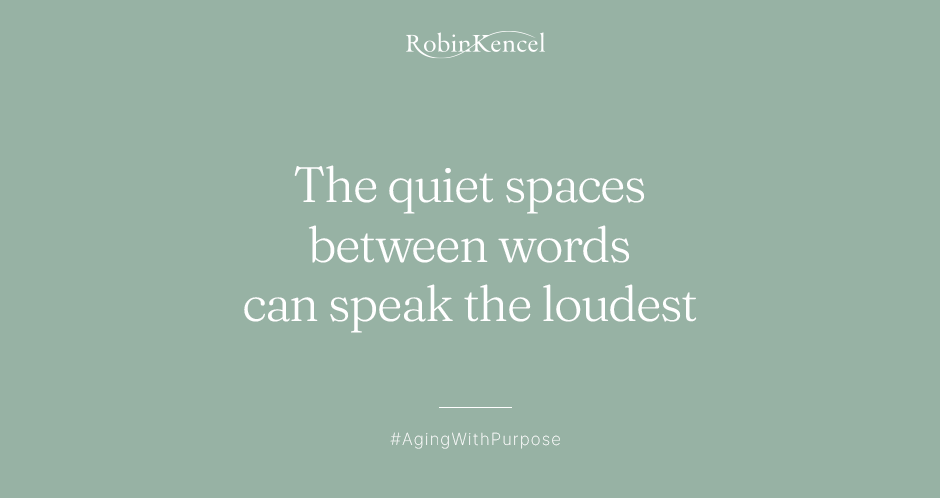Robin’s Writings
Clock Everything

Take this quick quiz: Think about the last person you spoke to face-to-face before reading this post. Now, without overthinking, can you remember what color shirt they were wearing, one thing they said to you, and—here’s the kicker—what color their eyes are? If you know the answer to all three, congratulations—you just “clocked everything.” You’re in the 1% who really noticed.
My acting coach places a heaping amount of importance on what he calls “micro-listening” —the kind of listening that could border on obsessive. It’s what he teaches in improvisation, but I’m beginning to think it could be applied to… well, everything. This “clocking everything,” as he calls it, means no detail shared by your scene partner escapes you —not a word, not a gesture, not even the way someone crosses their arms as they speak. When you pay attention to the tiniest things, you gain access to a whole other level of information. You’re not just in the conversation; you’re on it.
Case in point: I was in an improv scene the other day, and my scene partner was busy pretending to chop onions in a fictional kitchen. But then, he noticed that I was having serious difficulty flipping an imaginary cake out of a pan. Without missing a beat, he dashed over to “help” me, making the whole thing a hundred times funnier and far more interesting. That’s what happens when you pay attention—when you clock the situation, even the smallest shift can change the whole direction of the scene.
In improv, there’s a golden rule: Listen, then react. It’s not just a rule; it’s a survival tactic. In real life, though, we somehow forget this. If we don’t pay attention to what the other person is saying, how can we possibly respond in a way that reflects that they have been heard and understood? If we don’t pay attention, we’re missing the opportunity to connect.
And listening isn’t just about the words. It’s about the full picture: body language, energy, those little pauses, the way someone looks at you, or doesn’t. It’s the spaces between what’s said and unsaid. The more you become adept at reading or clocking the other person, the better you are equipped in the conversation.
And let’s not forget one of the most powerful tools in any conversation: what’s not said. The silence. The “white space” of communication. Sometimes, the most powerful thing you can say is nothing at all. There’s a kind of brilliance in leaving room for quiet. Say nothing if nothing comes to mind. Let your silence speak for you—that’s communication without uttering a word.